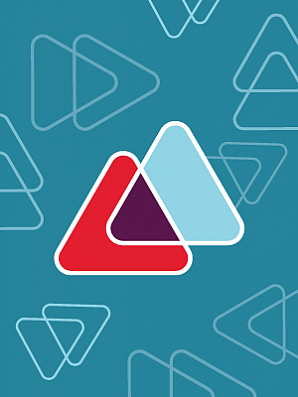

Community Health Worker and Peer Support Specialist Workforce Policy: Insights from Sandra Wilkniss

Delta Center for a Thriving Safety Net
Sandra Wilkniss, PhD, Senior Program Director of Population and Public Health, National Academy for State Health Policy (NASHP)
Primary care associations, behavioral health state associations and their member health centers and community behavioral health providers recognize the important role that community health workers (CHWs) and peers play in expanding access to care and reaching and supporting communities — particularly those that experience the greatest health disparities. State, federal, and local partners are increasingly recognizing the value of this frontline public health workforce, which includes tribal community health representatives and promotores. States are also expanding opportunities for peers — non-licensed individuals with lived mental health or substance use disorder (SUD) experience — to support components of behavioral health services in multiple settings. Leveraging this lived experience, peer services offer states a certified workforce that can provide navigation and other services across a complex system.
During this recorded learning session, Sandra Wilkniss (Senior Program Director of Population and Public Health at NASHP) presents NASHP's research and learning from convening state Medicaid, public health, behavioral health, and CHW leaders as states strive to build sustainable financing approaches for the CHWs and peers.